
- Inspiring People -
- 6mins -
- 540 views
10 things you need to know to wash your hands effectively (and not waste water)
Everything you need to know about washing your hands to protect you and your loved ones against coronavirus (COVID-19) — and how to save water while doing it.
How to wash your hands the right way
Respiratory viruses like coronavirus disease (COVID-19) spread when mucus or droplets containing the virus get into your body through your eyes, nose or throat. Most often, this happens through your hands. Hands are also one of the most common ways that the virus spreads from one person to the next. During a global pandemic such as we’re experiencing, one of the cheapest, easiest, and most important ways to prevent the spread of a virus is to wash your hands frequently with soap and water.
Here, Unicef recommended advice covers everything you need to know about how to wash your hands the right way:
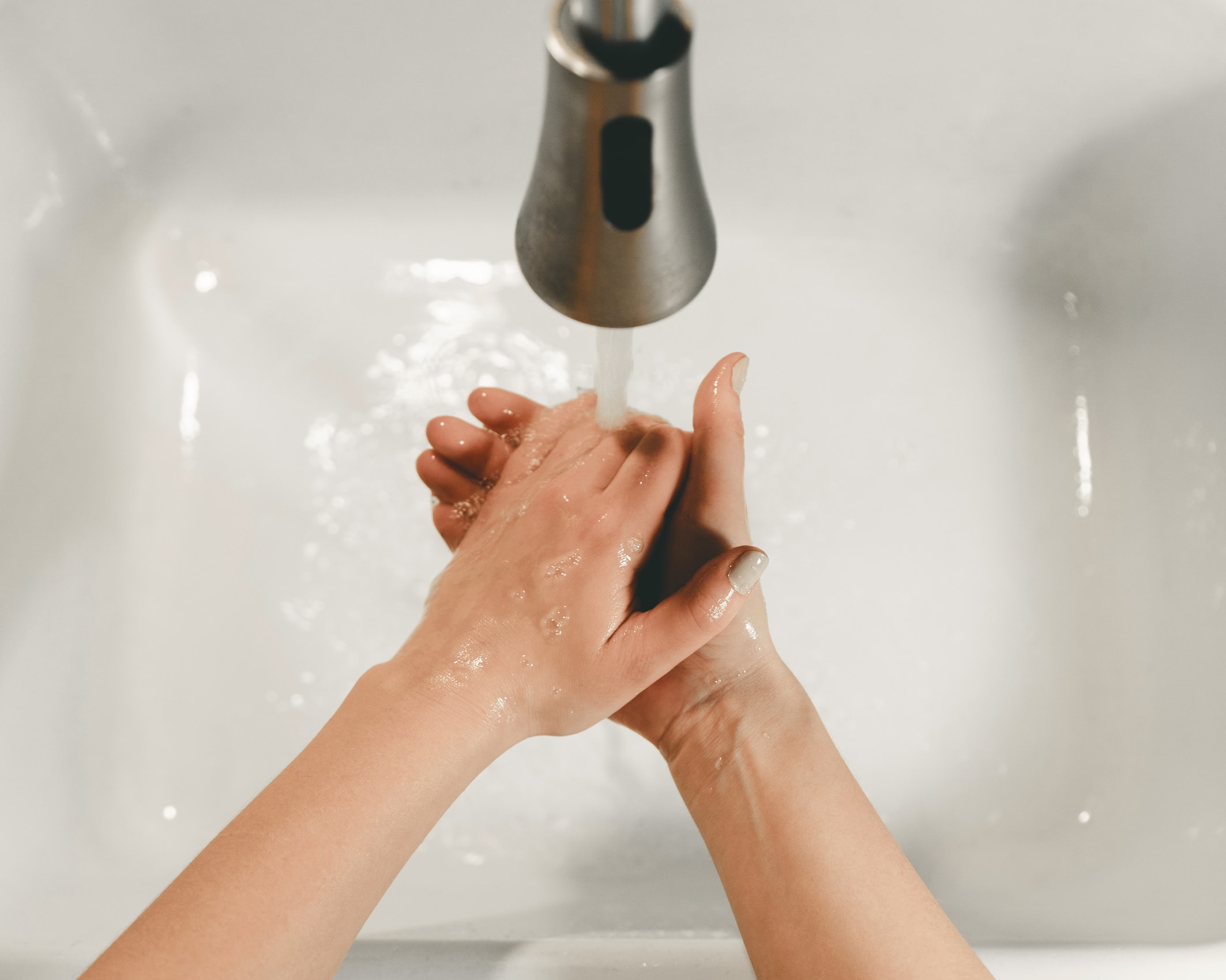
1. How do I wash my hands properly?
To eliminate all traces of the virus on your hands, a quick scrub and a rinse won’t cut it. Below is a step-by-step process for effective hand-washing.
- Step 1: Wet hands with running water
- Step 2: Apply enough soap to cover wet hands
- Step 3: Scrub all surfaces of the hands – including back of hands, between fingers and under nails – for at least 20 seconds.
- Step 4: Rinse thoroughly with running water
- Step 5: Dry hands with a clean cloth or single-use towel
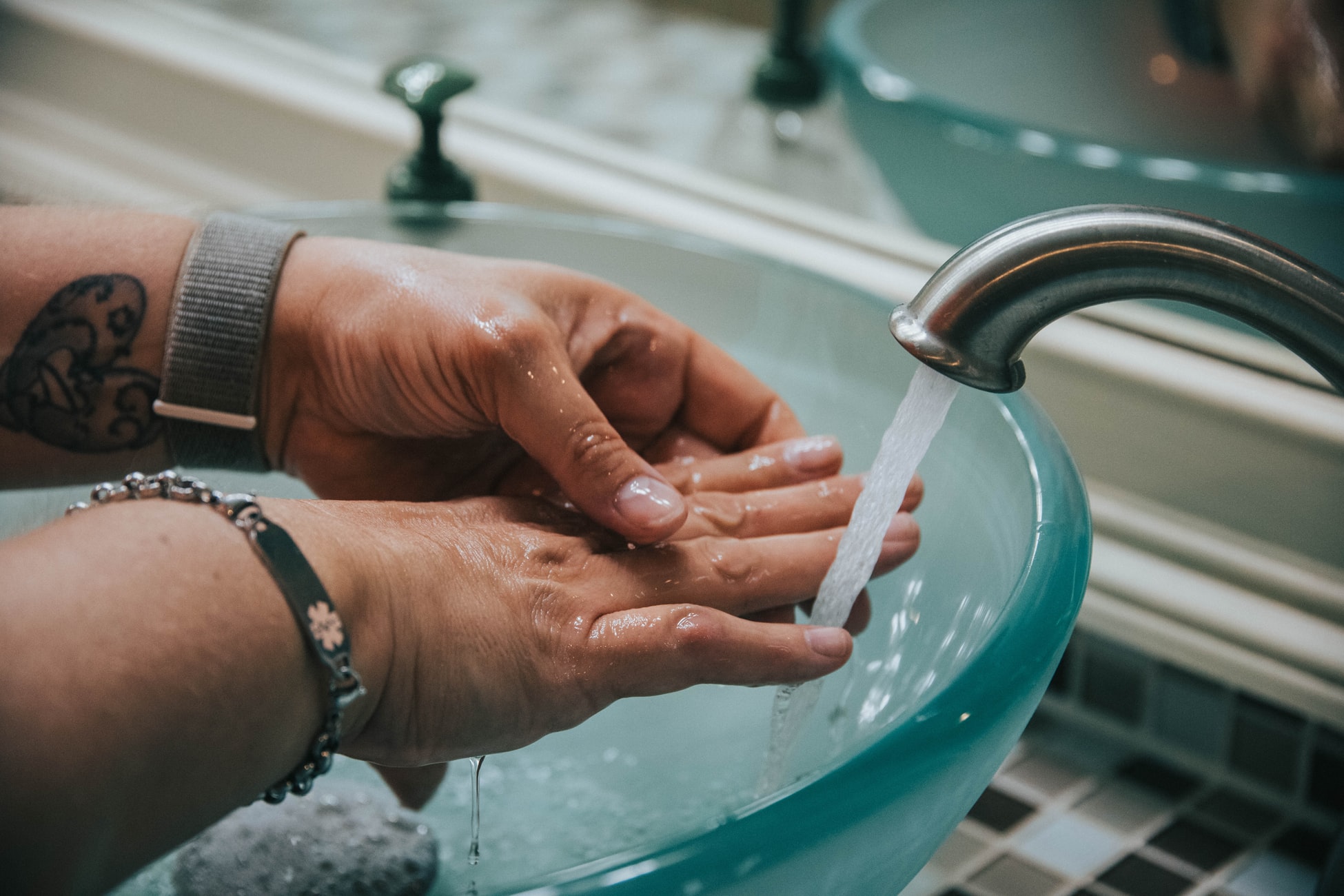
2. How long should I wash my hands for?
You should wash your hands for at least 20-30 seconds. An easy way to time it is by singing the full happy birthday song, twice. The same goes for hand sanitiser: use a sanitiser that contains at least 60% alcohol and rub it into your hands for at least 20 seconds to ensure full coverage.
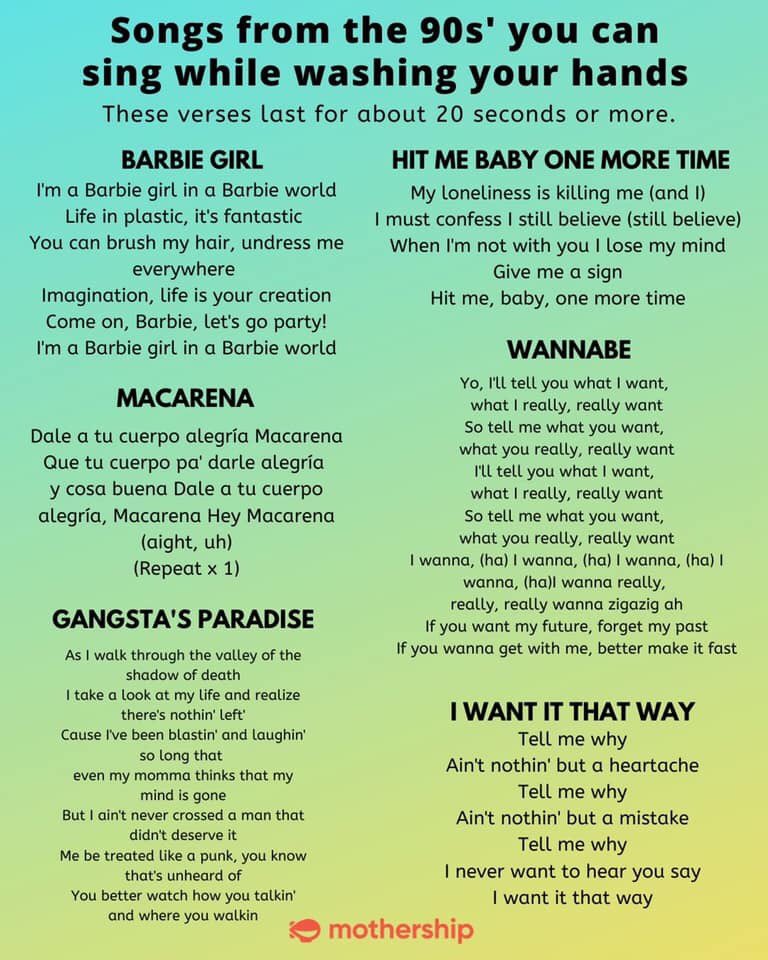
3. When should I wash my hands?
In the context of COVID-19 prevention, you should make sure to wash your hands at the following times:
- After blowing your nose, coughing or sneezing
- After visiting a public space, including public transportation, markets and places of worship
- After touching surfaces outside of the home, including money
- Before, during and after caring for a sick person
- Before and after eating
In general, you should always wash your hands at the following times:
- After using the toilet
- Before and after eating
- After handling garbage
- After touching animals and pets
- After changing babies’ diapers or helping children use the toilet
- When your hands are visibly dirty
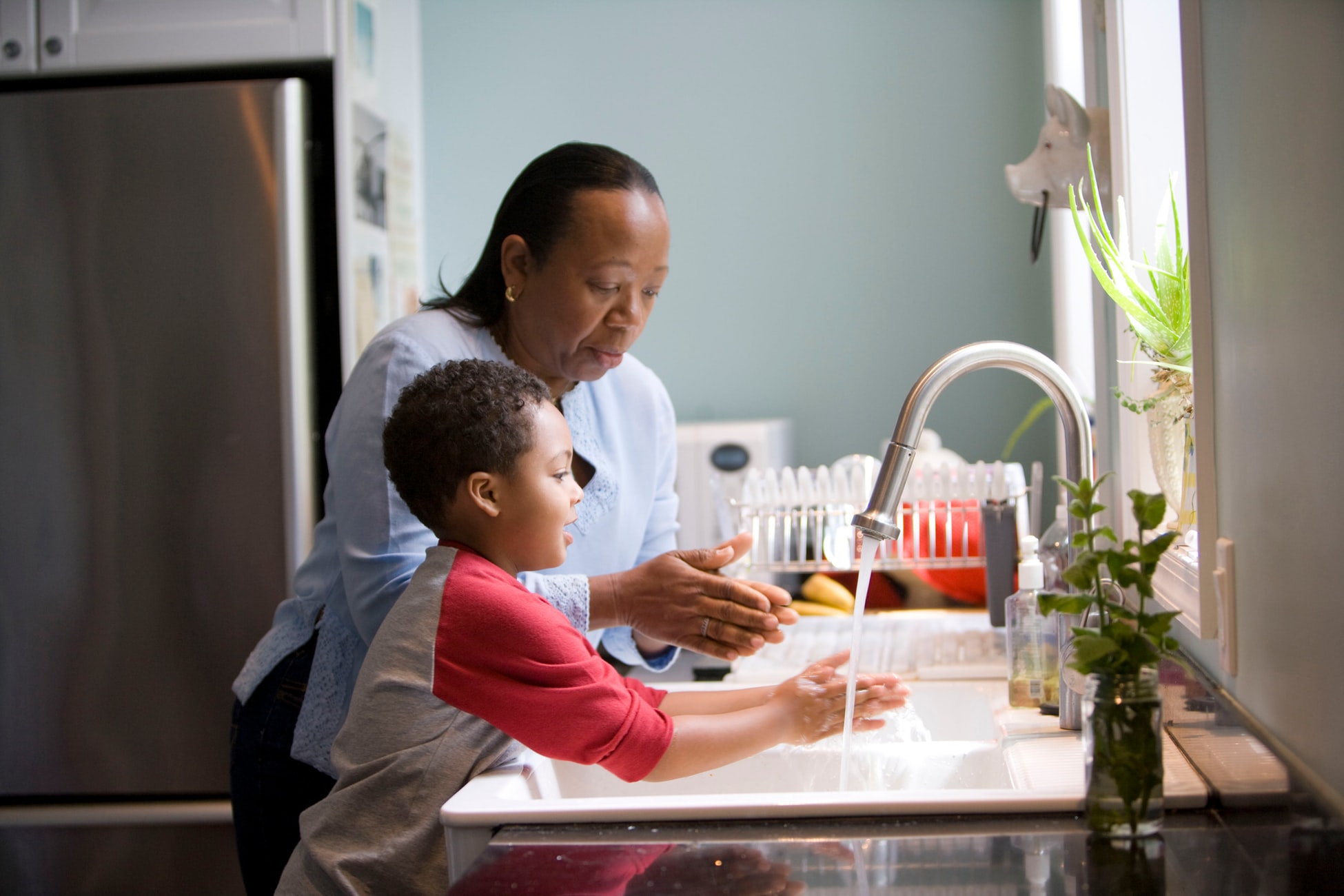
5. Do I need to use warm water to wash my hands?
No, you can use any temperature of water to wash your hands. Cold water and warm water are equally effective at killing germs and viruses – as long as you use soap!
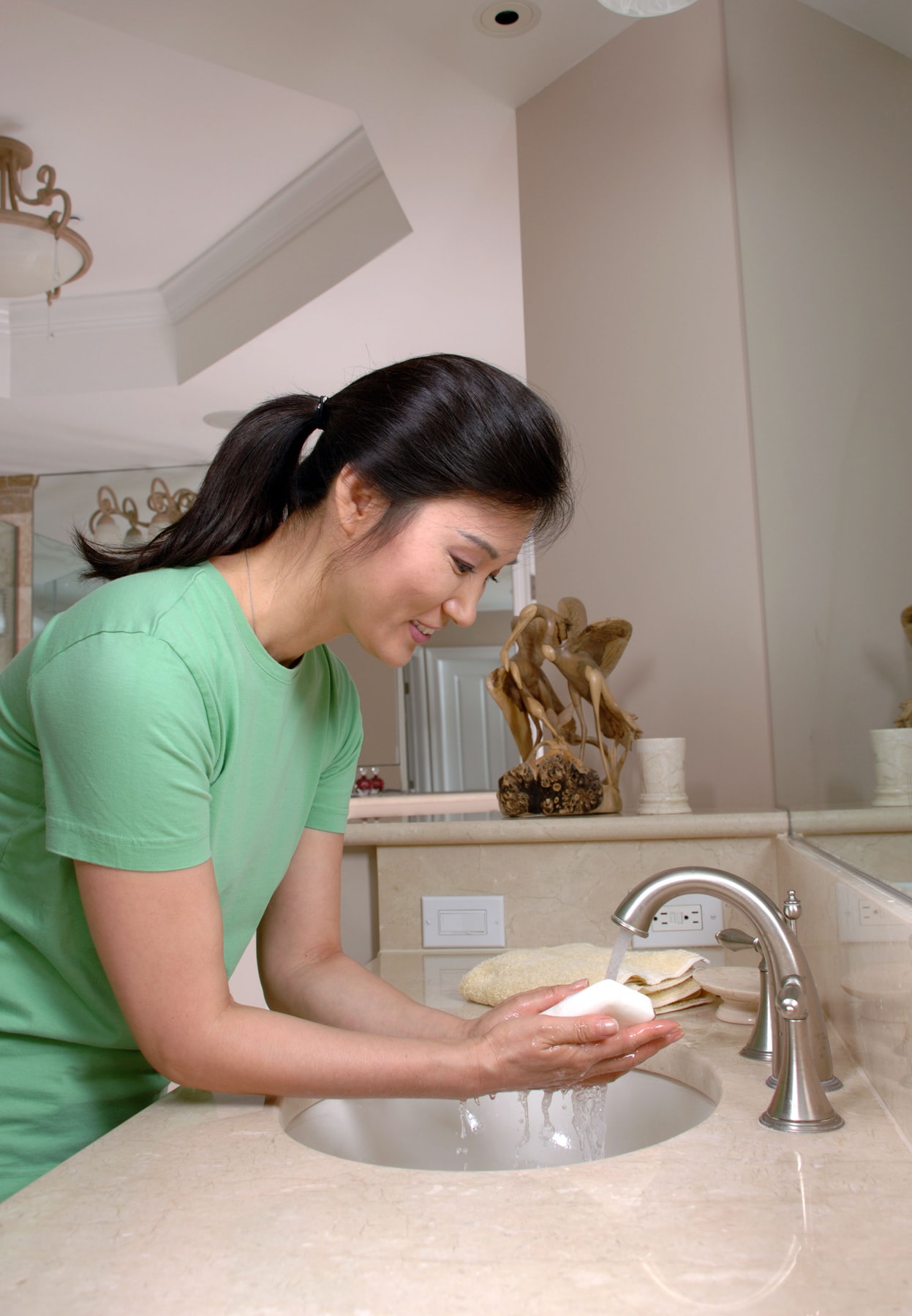
6. Do I need to dry my hands with a towel?
Germs spread more easily from wet skin than from dry skin, so drying your hands completely is an important step. Paper towels or clean cloths are the most effective way to remove germs without spreading them to other surfaces.
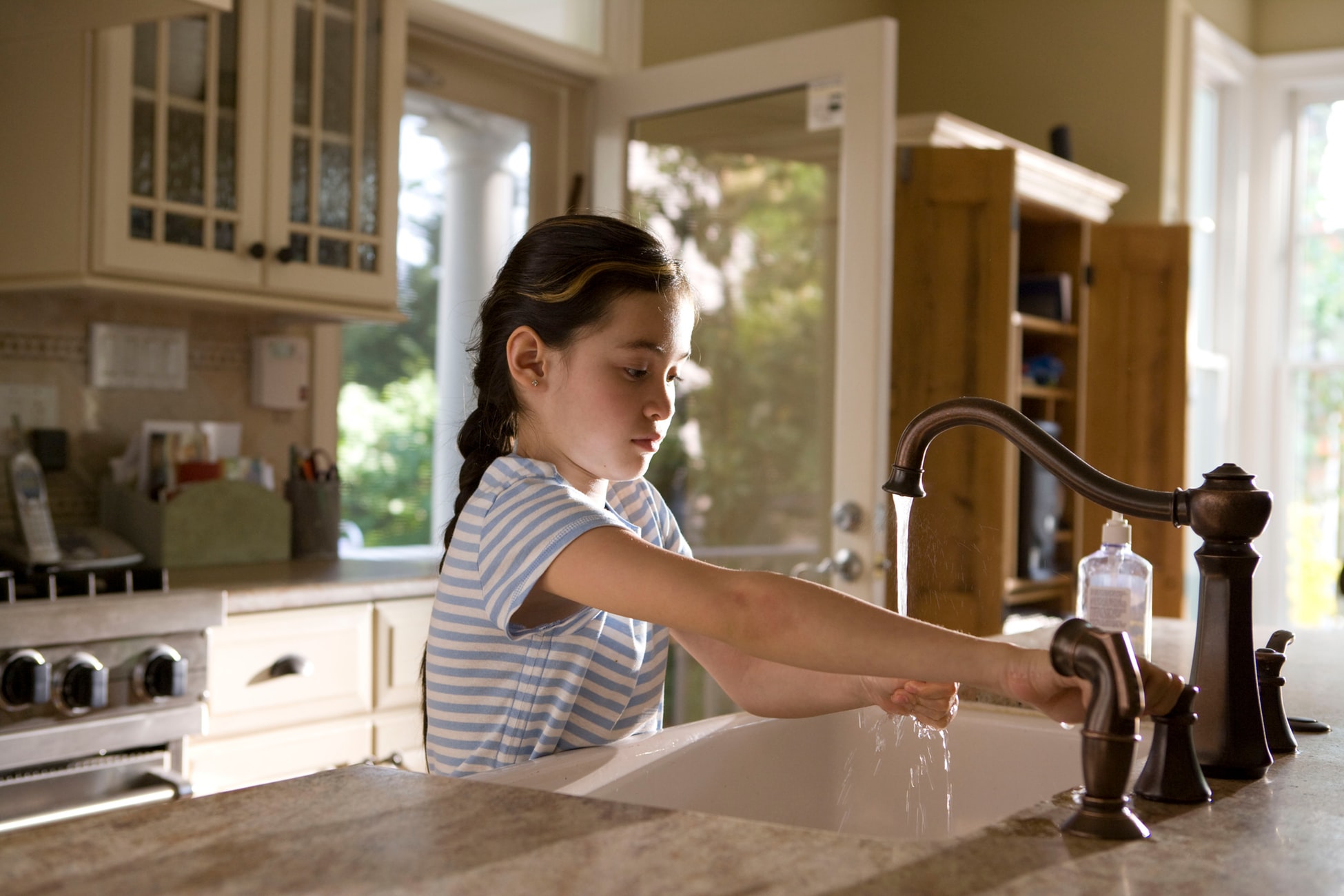
7. Which is better: washing your hands or using hand sanitiser?
In general, both hand-washing with soap and water and hand sanitiser, when practiced/used correctly, are highly effective at killing most germs and pathogens. Hand sanitiser is often more convenient when you are outside of the home, but can be expensive or difficult to find in emergency contexts. Also, alcohol-based hand sanitiser kills the coronavirus, but it does not kill all kinds of bacteria and viruses. For example, it is relatively ineffective against the norovirus and rotavirus.
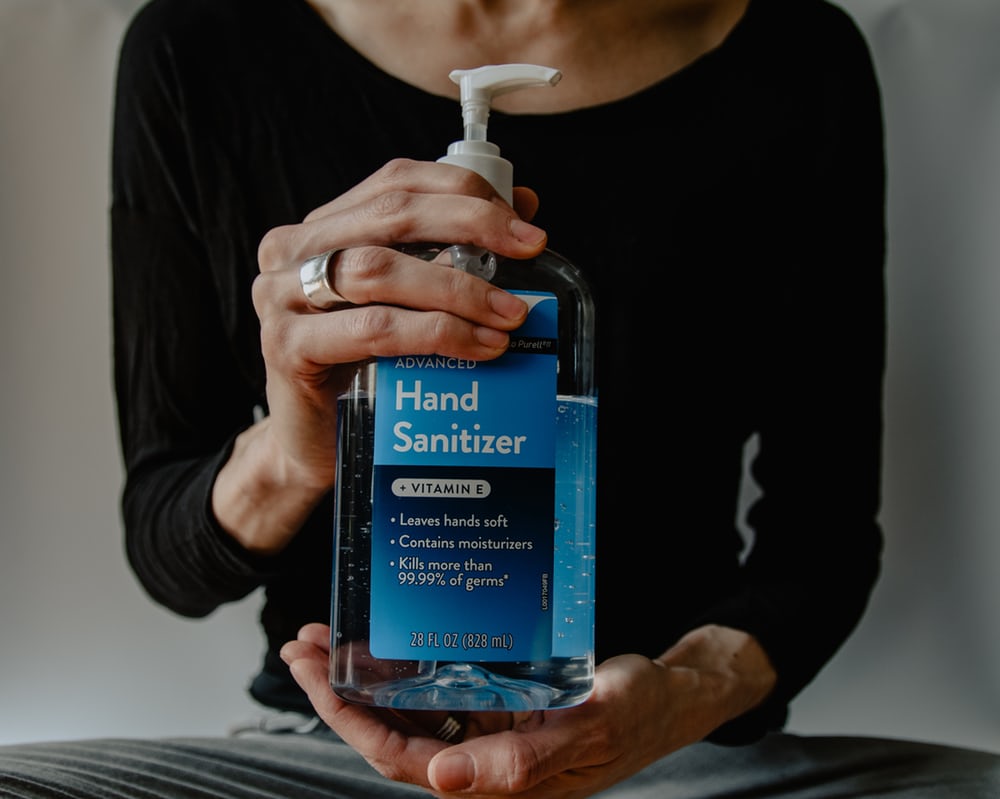
8. What if I don’t have soap?
Using chlorinated water or hand sanitiser that contains at least 60% alcohol are the best second options if you do not have soap and running water. In cases where these are not available, using soapy water or ash may help remove bacteria, though not as effectively. If these methods are used, it is important to wash your hands as soon as possible when you do have access to handwashing facilities, and avoid contact with people and surfaces in the meantime.
9. How else can I help stop the spread of the coronavirus?
- Use proper sneezing and coughing etiquette: Cover your mouth and nose with a flexed elbow or tissue when coughing or sneezing, dispose of used tissue immediately, and wash your hands
- Avoid touching your face (mouth, nose, eyes)
- Practice social distancing: Avoiding shaking hands, hugging or kissing people, sharing food, utensils, cups and towels
- Avoid close contact with anyone who has cold or flu-like symptoms
- Seek medical care early if you or your child has a fever, cough or difficulty breathing
- Clean surfaces that might have come in touch with the virus, and generally clean surfaces more frequently (especially in public spaces)
For all of UNICEF’s guidance on COVID-19, click here.
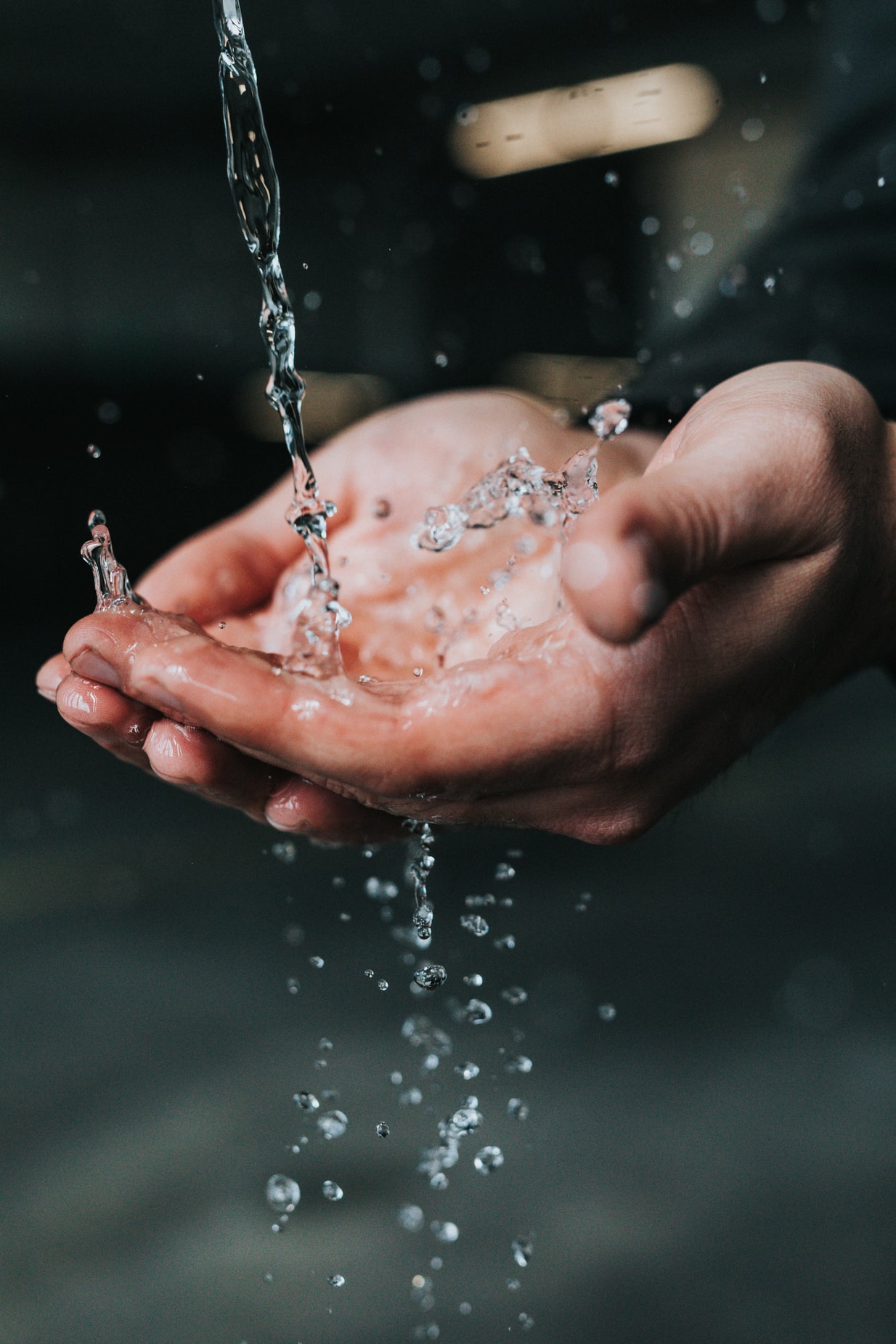
10. Turn the tap off while you scrub
The average American washes his or her hands nearly 9 times per day. Source: sustainability.ncsu.edu
If you follow guidelines to scrub your hands with soap for at least 20 seconds, you could save at least 13.5 litres day by turning off the tap while you scrub.
Assuming we do this for one year, we can save almost 5k litres per person per year. Assume 2.5 billion people would do this. That would save 12.5 billion litres of water!

